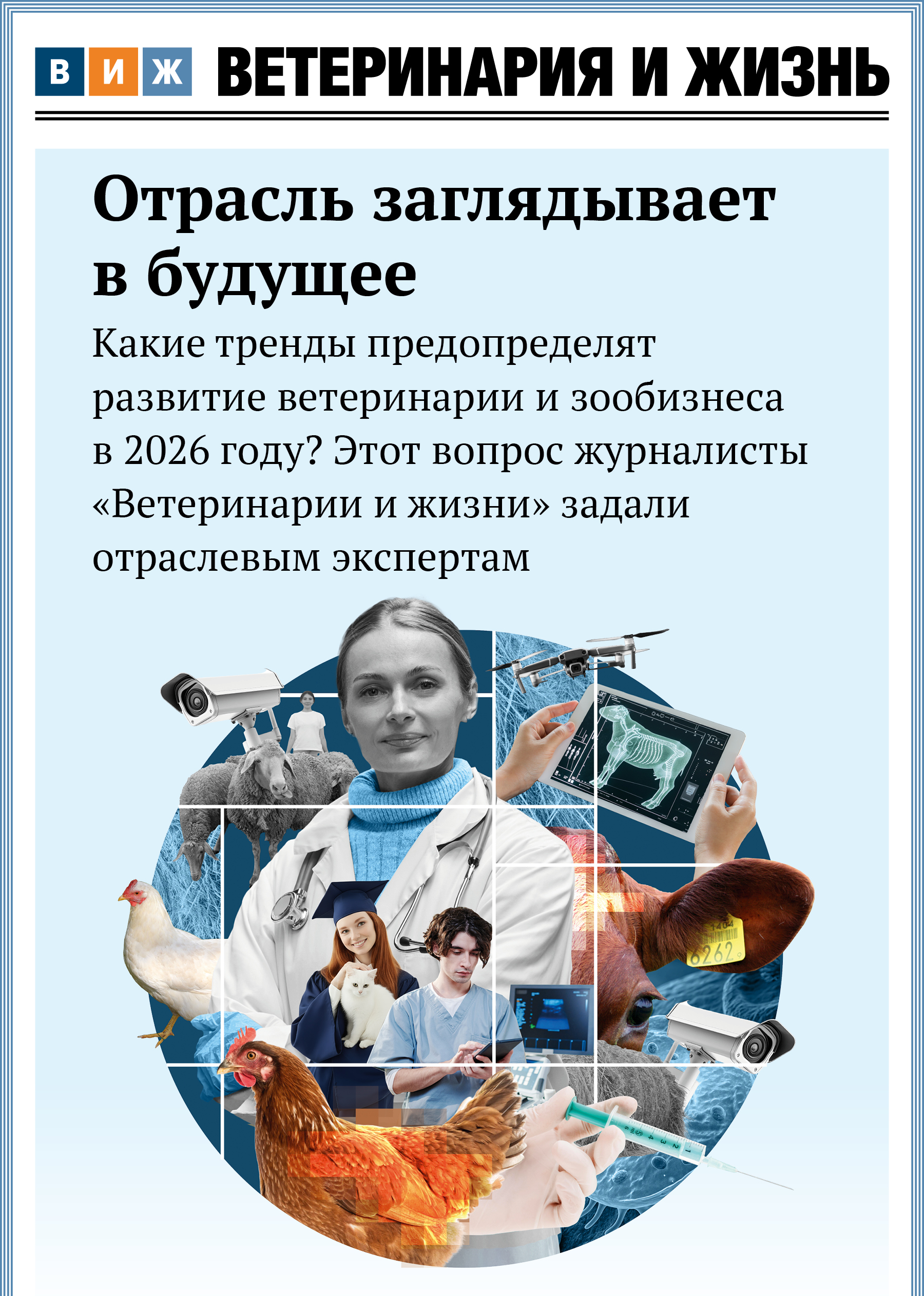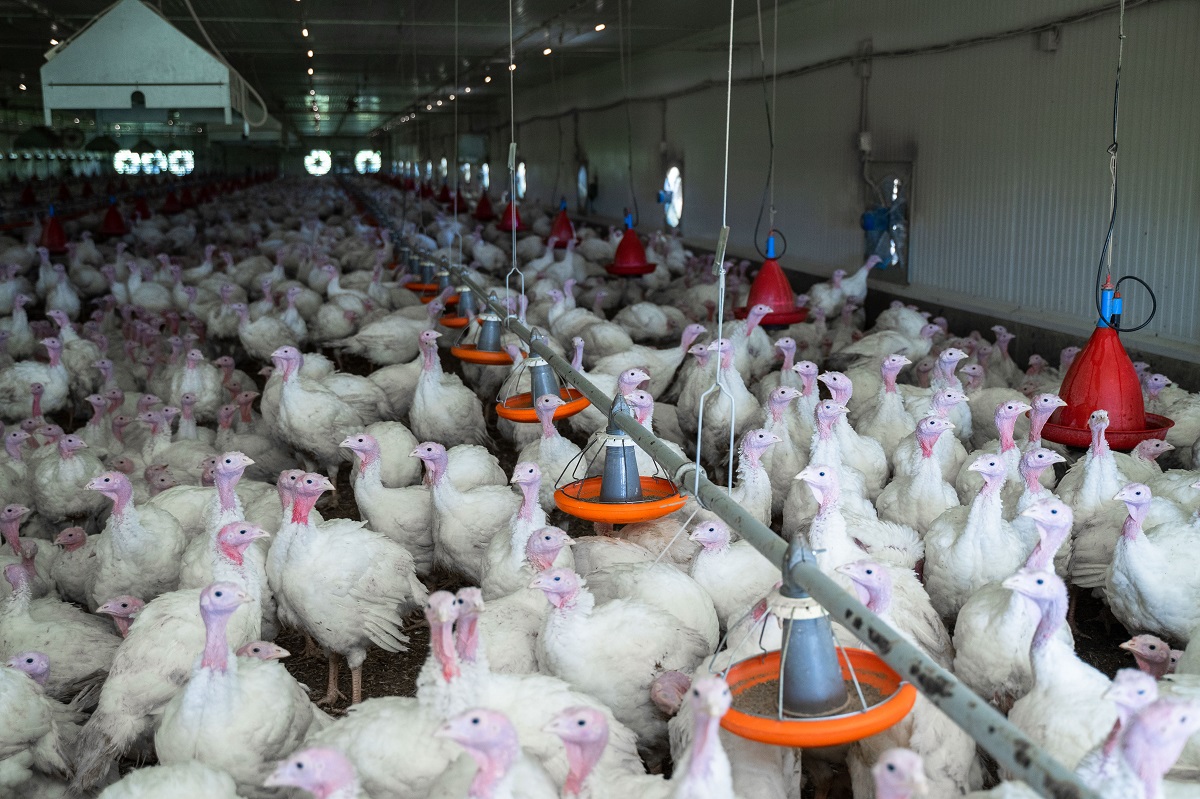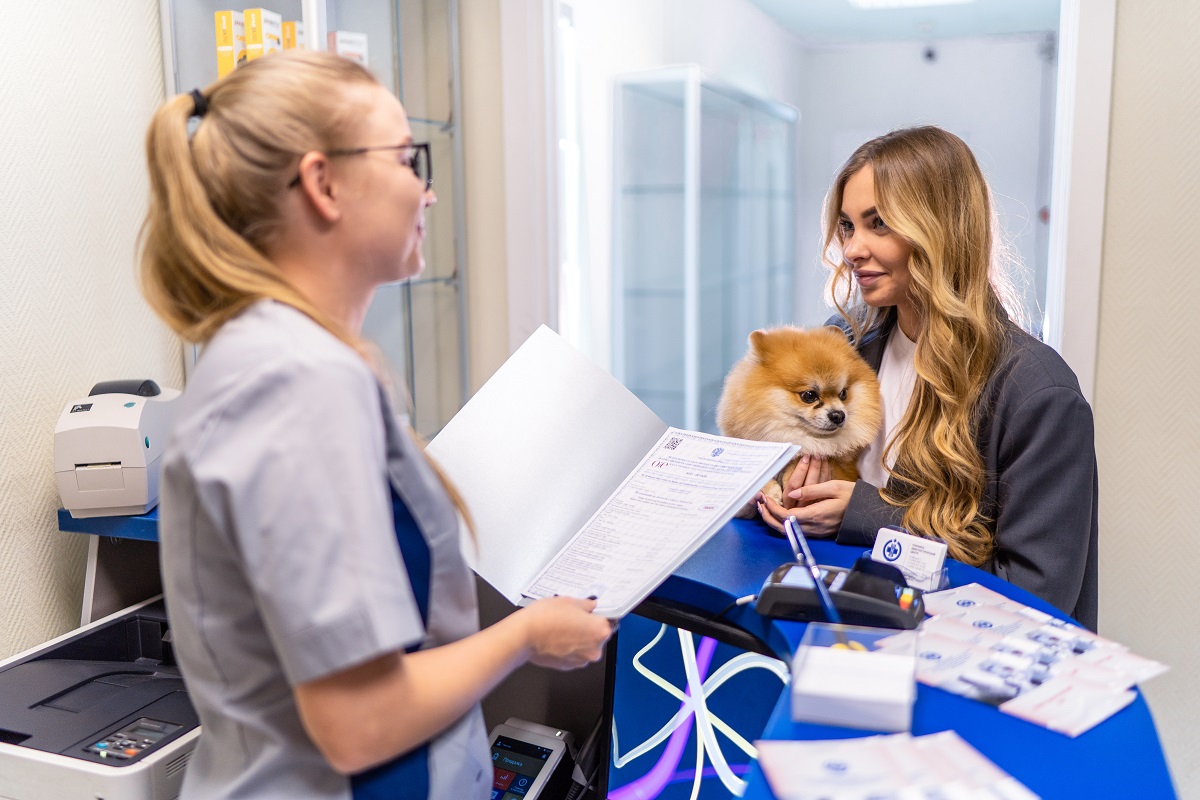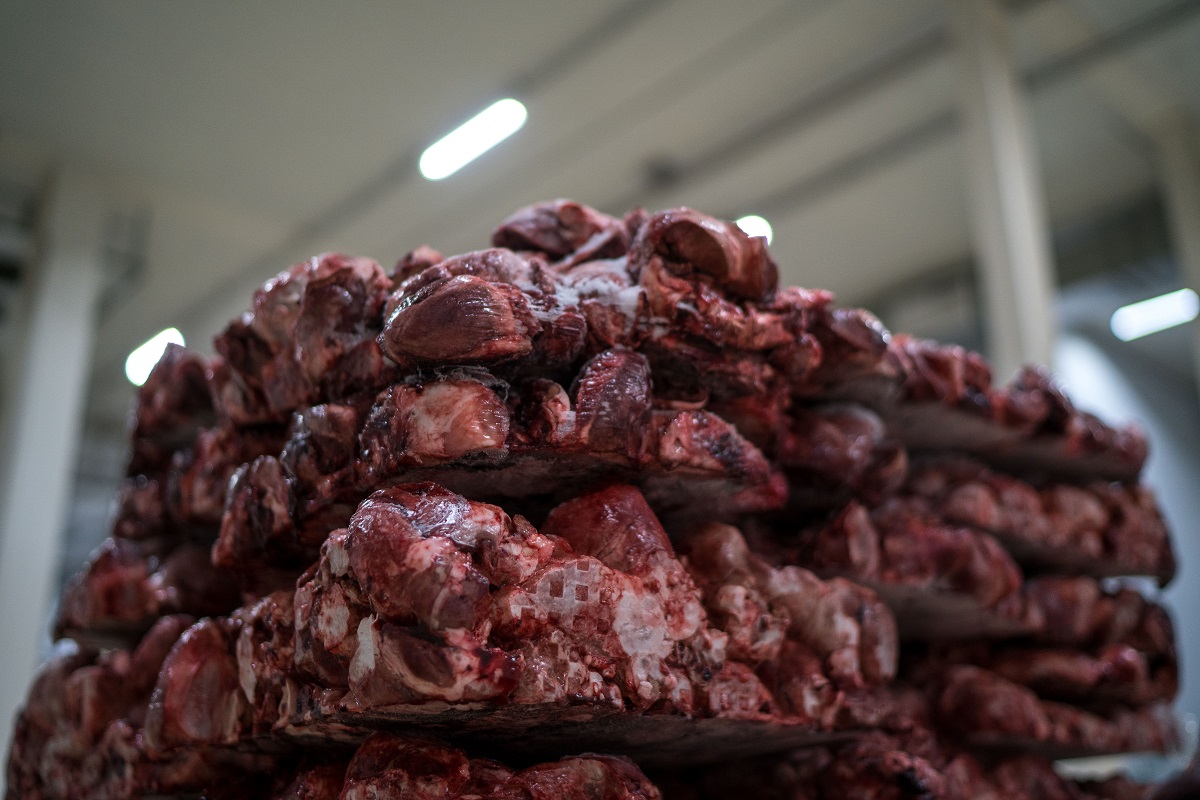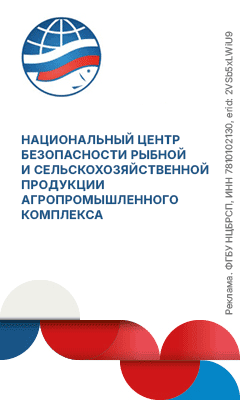“One of the most infections diseases has been simultaneously registered in three regions of the Far East, which means the increased risk of bird flu outbreak in the Amur River Region,” the veterinary department said in a statement.
Bird flu caused quarantine zones to be established in Sakhalin and Magadan regions, and in the Khabarovsk Territory. The two new cases were revealed at large poultry farms in Komsomolsk-on-Amur and Yuzhno-Sakhalinsk.
“Thousands of birds are being destroyed at the farms; the damage hasn’t been estimated yet. A state of disaster emergency has been declared in the regions due to the avian influenza rising among birds,” the veterinarians said.
Veterinary services urge poultry farms in Amur River Region to apply additional biosecurity measures due to disease aggravation.
«In particular, personnel movement restrictions and rotational shifts have to be applied. Also, additional disinfection of vehicles and a ban on the entry of any unauthorized vehicles into the territory are required. Heat treatment of poultry feed is also necessary,” veterinary service professionals specify.
A memo to the population of the region, which keeps birds on backyard farms, was published, describing the following preventive measures:
- any contact of poultry with other birds, including wild birds, should be prevented;
- bird food can be purchased only from sellers that have all veterinary accompanying documents in place. Feed should be stored in places inaccessible to rodents and wild birds;
- newly purchased poultry should be kept isolated for 30 days with its condition being monitored carefully. Cases of signs of bird flu in poultry or a dead bird discovery should be immediately reported to the veterinary service of the region;
- proper hygiene practices must be in place. This should be reached through regular cleaning and disinfection of bird enclosures;
- separate clothing and footwear should be used for bird care, which must be cleaned regularly.
According to the Rosselkhoznadzor, 51 outbreaks of highly pathogenic avian influenza were revealed in Russia from the beginning of the year to October 24: 4 cases in wild birds, 5 at poultry farms, and 42 in poultry.
Information note: Highly pathogenic avian influenza (HPAI) is an acute, highly contagious infectious disease, characterized by severe damage to the cardiovascular and central nervous systems, organs of the respiratory, digestive, excretory and reproductive systems.
Clinical signs in animals: decreased egg production, lack of energy and appetite, ruffled feathers, cyanosis (purple discoloration) of the comb and wattles, head swelling, subcutaneous hemorrhage of the skin on feet and shanks, lack of coordination, nasal discharge, coughing, sneezing, conjunctivitis (pink eye), diarrhea.


